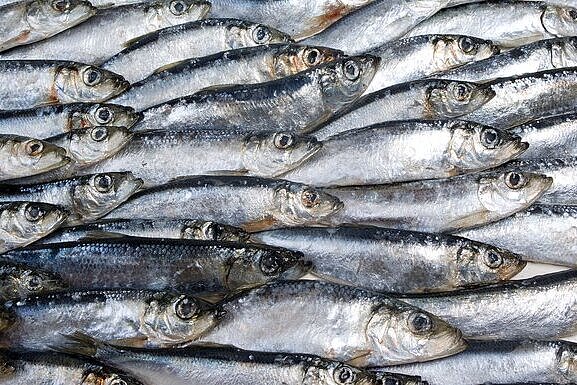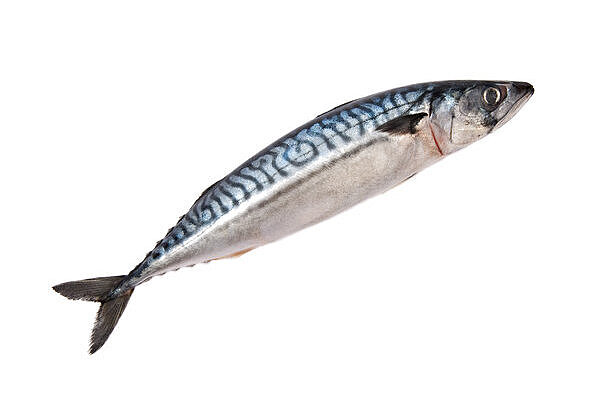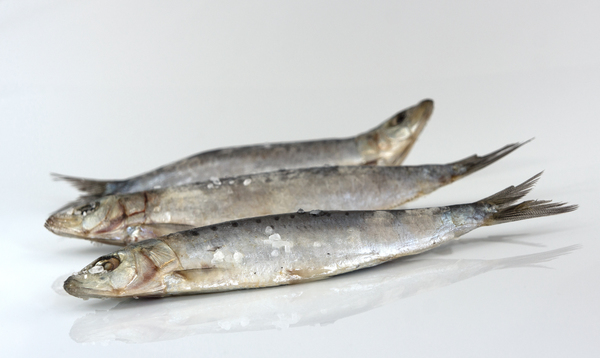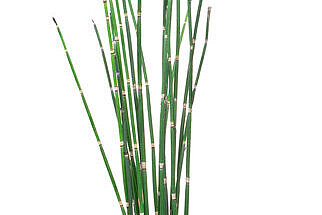Thiaminase
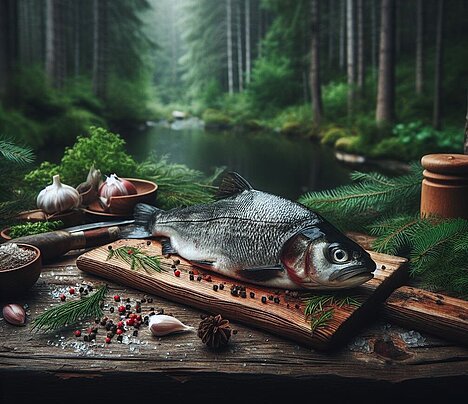
What are the sources of thiaminase?
Thiaminase is found in some fish, such as herring, mackerel, sardines, salmon and trout. These fish contain thiaminase in their muscles or innards. If you feed your dog raw or cooked fish, you should make sure that he does not ingest too much thiaminase. An occasional fish meal is usually safe, but feeding fish regularly or exclusively can lead to a thiamine deficiency.
Thiaminase is also found in some plants, such as ferns, horsetails and bamboo. These plants contain thiaminase in their leaves or stems. If your dog eats or chews these plants, it can also lose thiamine. This can happen especially in dogs who like to nibble on plants or who suffer from gastrointestinal problems.
What are the benefits of thiaminase?
Thiaminase is not only harmful to dogs. It also has some positive effects on health. For example, thiaminase can help prevent the formation of tartar. Tartar is a hard layer of bacteria and minerals that forms on the teeth and can lead to gum inflammation and tooth loss. Thiaminase can kill the bacteria and dissolve the minerals that form tartar.
Thiaminase can also help prevent the formation of kidney stones. Kidney stones are solid deposits of crystals that form in the kidneys and can lead to pain and urinary tract infections. Thiaminase can dissolve the crystals and improve kidney function.
How can you provide your dog with a balanced diet?
To provide your dog with a balanced diet, you should give him a variety of high-quality foods that contain all the important nutrients. In addition to vitamin B1, this includes other vitamins, minerals, proteins, fats and carbohydrates. You can feed your dog both dry and wet food or prepare cooked or raw meals yourself.
If you feed your dog fish, you should make sure that he does not get more than 10% of his daily calorie requirement from fish. You should also make sure that the fish is fresh and free from parasites. You can give the fish either raw or cooked, but you should not salt or season it.
If your dog eats or chews plants, you should make sure that he does not ingest any poisonous or thiaminase-containing plants. You should also make sure that he drinks enough water and shows no signs of gastrointestinal discomfort.
Thiaminase is found in some fish, such as herring and salmon, and in plants such as ferns. Excessive intake can lead to thiamine deficiency. However, it can prevent tartar and kidney stone formation. A balanced diet for dogs requires variety and quality in food intake, including vitamin B1 and other nutrients.
Properties 4
Are you looking for other ingredients with a specific property?
Just click on them to find more.
If you notice any signs of hypersensitivity or poisoning in your dog, you should see your vet immediately. We are not a substitute for a vet, but we try to be as accurate as possible. Every dog reacts differently and we recommend you get a second opinion or consult your vet if in doubt.
Stay healthy and take good care of your four-legged friend!😊
Similar to Thiaminase
Herring are a bony fish that can be found in almost all of the world's oceans. The best-known representative is the Atlantic herring, which is also caught in the North and Baltic Seas. Herring grow...
Mackerel has many benefits for dogs that can promote both physical and mental health. Here are some of them: Mackerel is a high-quality source of protein, which is important for muscle building,...
Sardines are fish that grow to between 10 and 25 centimetres in length and are found in many of the world's oceans. They feed mainly on plankton and are even hunted by larger fish, birds and marine...
Horsetail is a herbaceous plant that belongs to the clubmoss family. It grows mainly on moist and nutrient-poor soils and has a high content of silicic acid, flavonoids, saponins and minerals....
